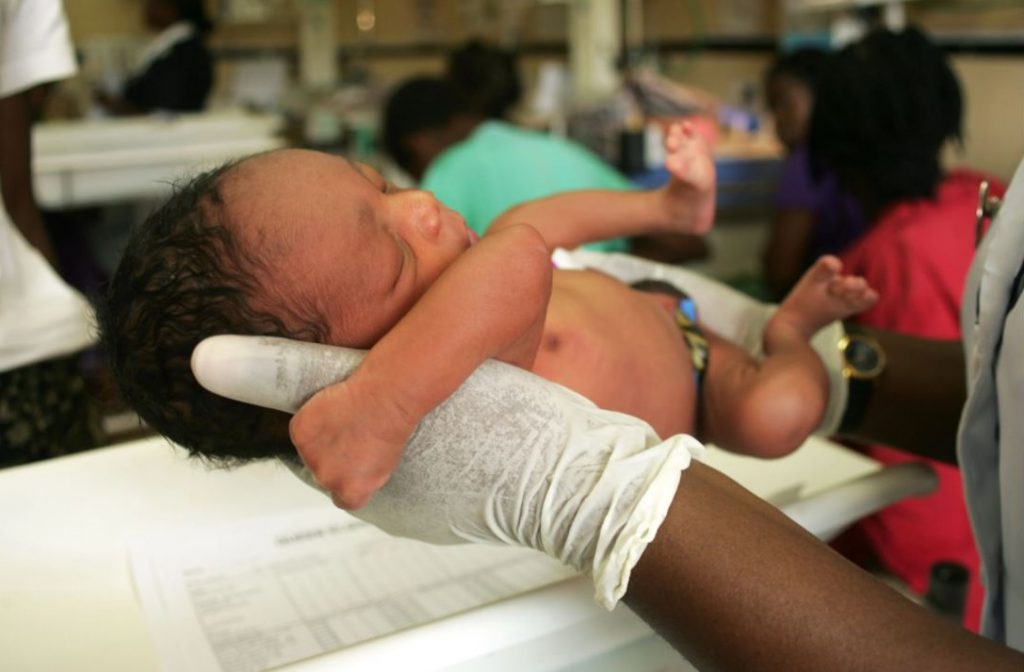In a very short time Malawi has been able to implement the strategy for blood safety and availability advocated by the World Health Organization and the International Federation of Red Cross and Red Crescent Societies, thus saving many lives.
The MBTS has now established blood centres in Blantyre and Lilongwe (the capital) with a total of 98 fully-trained staff. It supplies all four central hospitals and 80% of district hospitals. Progress is already measurable in real, human terms. For instance, in 2002 the blood bank at the Queen Elizabeth Hospital in Blantyre received 7 000 units of blood (half the needed quantity).
Screened for HIV, 2 000 units tested positive and the remaining blood could not be used on most of the patients with life-threatening conditions because of incompatible blood types.
“Since 2004, when safe blood became available, the paediatric mortality rate at the same hospital has dropped by 60% for children with severe anaemia due to malaria and the maternal mortality rate due to pregnancy complications has fallen by more than 50%. “
Today, an average of 30 000 units are collected yearly. Even though the real need is 50 000 – 60 000 units, the improvement is dramatic in a country that did not even have a blood transfusion service less than two years ago. Donations from voluntary, non-remunerated donors are increasing rapidly.
For further information please contact: Daniela Bagozzi, Media Communications, Health Technology and Pharmaceuticals, World Health
Organization. Tel. 41 22 791 45 44, mobile 41 79 475 54 90, email: bagozzid@who.int
More on World Blood Donor Day, the campaign “Celebrating your gift of blood” and activities in different parts of the world can be found on the web site www.wbdd.org or http://www.who.int/bloodsafety/events/en
All WHO Press Releases, Fact Sheets and Features can be obtained on the WHO home page http://www.who.int/.

